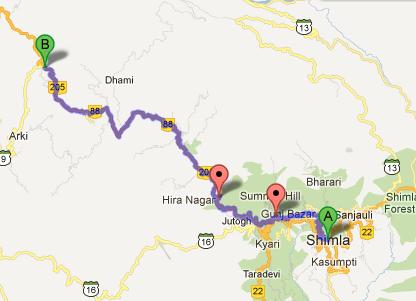New Delhi : Thousands of Muslims in India took out processions Tuesday to mark the 10th day of the Islamic month of Muharram and mourn the killing of Imam Hussain, the grandson of Prophet Mohammed, who was martyred some 1,400 ago at Karbala in Iraq.
Hundreds of Muslims took out processions in the capital at many places to observe the day, also known as Yaum-e-Ashura, the day of enlightenment, which is an important date in the Islamic calendar. Muslims believe that many key events in Islamic history occurred on the day, including the events of Karbala.
Holding flags and dressed in black, men and women, mostly belonging to the Shia sect — who along with Sunnis make up India’s 140 million Muslims — took out processions, crying and beating their chests in the ceremonial “maatam” or mourning.
Delhi Police put in place security measures to ensure that the day passes off peacefully as it also coincides with the 1992 Babri Masjid demolition anniversary.
“We have taken enough security measures for the processions in Delhi, like every other year,” Delhi Police spokesperson Rajan Bhagat said .
The processions are taken out between mosques — from Shia Jama Masjid in Kashmere Gate to Punja Sharif Karbala in the same locality and from Pahari Bhojla in Chittqualam near the historic Jama Masjid to Karbala in Jorbagh near Lodhi Road. The procession ends in the afternoon.
Special prayers were offered at the historic Shahi Masjid Fatehpuri and Khwaja Nizam-ud-din Auliya’s shrine in south Delhi, where Muslims pay homage to Hussain.
Processions were also taken out in Muslim dominated areas of Uttar Pradesh, West Bengal, Maharashtra and West Bengal.
In Srinagar, the Jammu and Kashmir government government has banned the procession since the early 1990s for security reasons. However, Shia Muslims still carry out small processions in the interiors of the old city.
India has the third largest population of Muslims in the world, after Indonesia and Pakistan.
On Muharram, considered a day of bereavement, Muslims observe voluntary fasts, give to charity and pray in remembrance of Hussain.
It was during the month of Muharram in 680 AD that soldiers of the ruling caliph Yazid surrounded Hussain, his family and some of his followers at Karbala. In the days that followed, they were denied food and water and many of them were systematically killed in the clash that lasted till the 10th day of the month.
Hussain was killed on the tenth day which is observed as the day of mourning.
IANS


